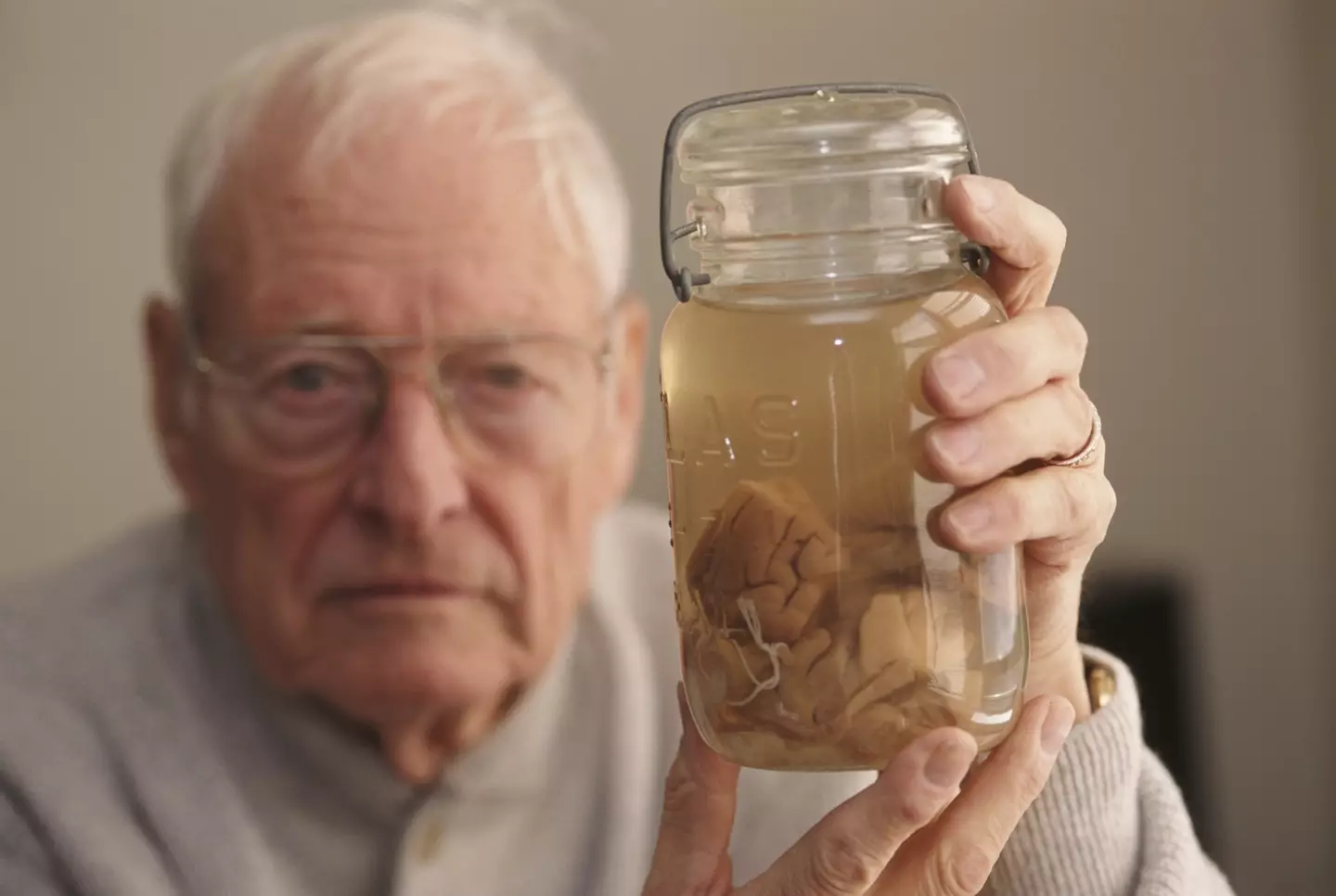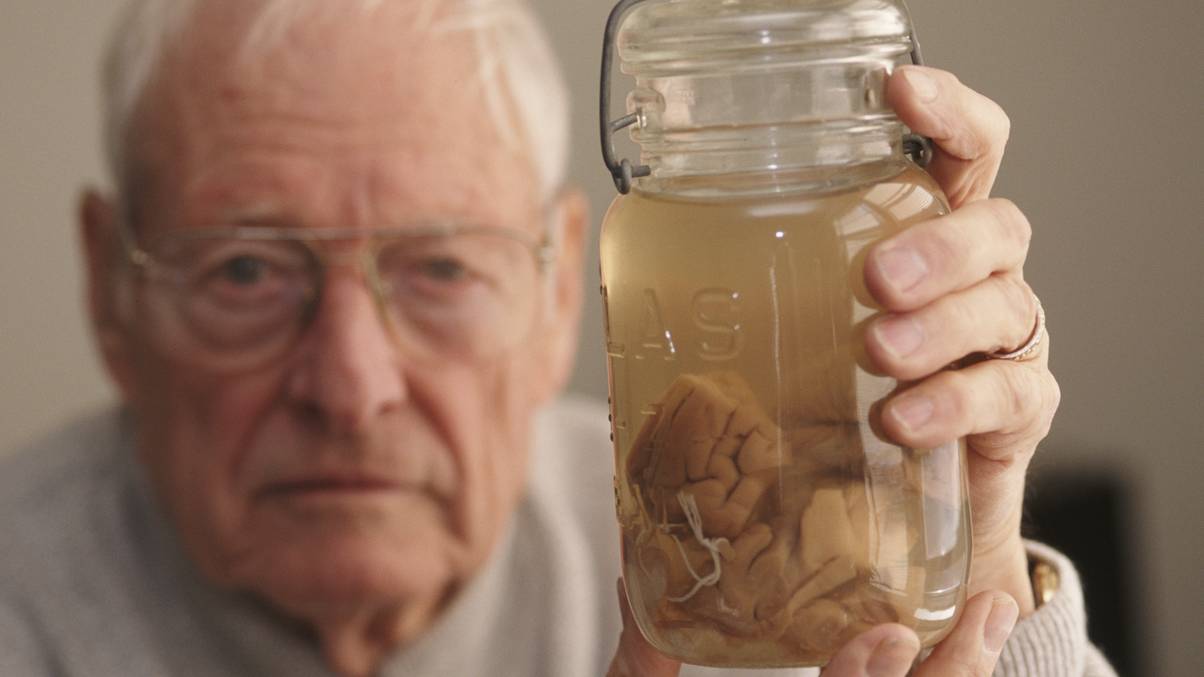Inside the Dark Secret: How a Doctor Hid Einstein’s Brain for Half a Century in Plain Sight
When Albert Einstein kicked the bucket over 70 years ago, most folks mourned the loss of a genius whose name became shorthand for pure smarts. But hold up—did you know the doctor who did his autopsy actually sliced open ol’ Albert’s skull and swiped his brain? Yep, Thomas Stoltz Harvey kept those thinking noodles tucked away in jars for decades, sparking a bizarre saga of scientific curiosity (and a hint of brainy thievery). It makes you wonder—if Einstein’s brain was so special, why did the study papers disappear into thin air, and what secrets did those 240 tiny chunks hold? Dive in to uncover how this stolen brain stirred up fascination far beyond the grave and why pieces of it still live on in museums today. Ready to delve into the weird and wonderful tale of history’s most quietly nicked cerebrum? LEARN MORE
When certified mega-genius Albert Einstein died, the doctor performing his autopsy decided to keep his brain for scientific testing, and decades later still owned parts of it.
A little more than 70 years ago, Einstein spoke a few words in German, we can’t be sure exactly what he said because the people treating him didn’t speak German, but they are purported to be: “I am at the mercy of fate and have no control over it.”
Then he breathed his last and died at the age of 76, cementing his legacy as one of history’s all-time brainiacs to the point that his surname became synonymous with intelligence.
His body was cremated on 18 April, 1955, just a few hours after he had died.

Albert Einstein was considered to have one of the most brilliant minds in history (Getty Images)
But the following day, his son Hans Albert had learned that his dad’s body was missing an important bit for the ceremony – the brain.
That’s because Thomas Stoltz Harvey, the man who performed Einstein’s autopsy, removed the famous scientist’s brain ‘for scientific study’.
Sawing open Einstein’s skull to remove the brain, Harvey was able to steal it away without acquiring a prior thumbs up from Einstein’s family and had to convince Hans Albert not to be too angry with him for hacking open his dad’s skull and nabbing his thinking noodle.
According to the BBC, Harvey did plan to have Einstein’s brain studied and have scientific papers published on what made it so special, but these studies never appeared.

Thomas Stoltz Harvey pictured in 1994 holding part of Einstein’s brain which he’d kept with him for decades (Michael Brennan/Getty Images)
Eventually, people largely forgot that this one guy pinched Einstein’s brain until 1978, when a reporter was sent to track it down.
The brain wasn’t at the Princeton Hospital where Einstein had died, meaning it had been taken from the premises at some point, and Harvey was eventually tracked down to Wichita, Kansas.
It turned out he’d taken the brain with him, as when the reporter asked to see pictures of Einstein’s brain, Harvey instead opened up a beer cooler full of mason jars, which contained the brain.
It turned out that Harvey had measured and photographed the brain, then sliced it into 240 chunks and encased them in a material to preserve the pieces.
He had sent pieces of the brain off to neurologists for study, Harvey himself not being an expert in the brain, though they told him they couldn’t find a major difference between it at less brilliant minds.
While he’d given away some parts of it, he held onto the majority of Einstein’s brain and its rediscovery in his possession reignited interest in it.
Further studies of the brain did find unusual features which may help explain why he was so clever.
Harvey lived until the ripe old age of 94, dying in 2007, with his family sending his remaining pieces of Einstein’s brain to the National Museum of Health and Medicine, while the Mütter Museum in Philadelphia acquired 46 slices of the brain.



















Post Comment